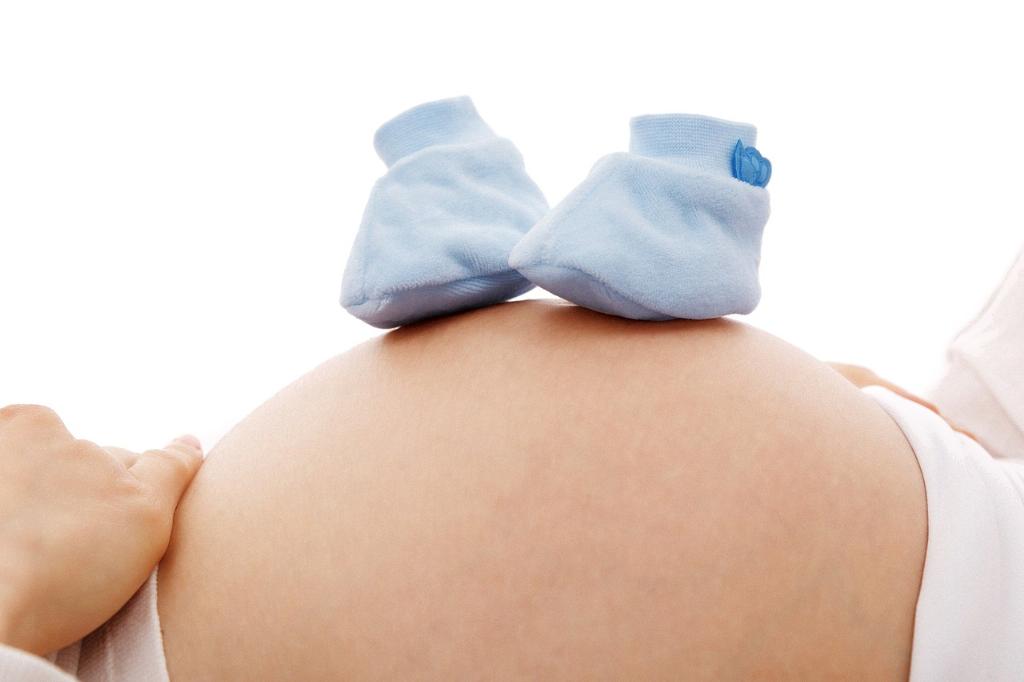During the second trimester of pregnancy, many women experience the sensation of finding it harder to breathe, particularly when lying down. This can be attributed to the expanding uterus, which places pressure on the diaphragm and lungs as it grows to accommodate the developing baby. The increase in size and weight of the uterus can compress the diaphragm, limiting its ability to move freely for optimal lung function.
However, the challenges with breathing when lying down during pregnancy are not solely due to the growing uterus. Another significant factor at play is the substantial increase in blood volume that occurs during pregnancy. As the body produces more blood to support the growing fetus, the cardiovascular system works harder, leading to enhanced blood flow and circulation throughout the body.
This heightened blood volume affects the respiratory system as well. The increase in blood circulation can lead to a feeling of breathlessness or difficulty breathing when lying down. The body’s overall oxygen demands are elevated during pregnancy, and the cardiovascular system must work efficiently to meet these increased requirements, which can impact breathing patterns and sensations.
Furthermore, the hormonal changes that occur during pregnancy can influence respiratory function. Hormones such as progesterone play a crucial role in maintaining a healthy pregnancy but can also affect the respiratory system. Progesterone levels rise significantly during pregnancy, relaxing the smooth muscles of the airways. While this relaxation is essential for accommodating the baby’s growth, it can also contribute to feelings of breathlessness, especially when lying down.
As the uterus expands, it not only displaces the diaphragm but also pushes upwards against the lungs. This physical pressure can make it challenging for the lungs to fully expand when lying down, leading to a sensation of breathlessness or shallow breathing. Additionally, the upward pressure exerted by the uterus can impact the position of the ribcage, further restricting the movement of the diaphragm and affecting breathing patterns.
When lying down, particularly on the back, the enlarging uterus can compress the vena cava, a large vein that carries deoxygenated blood from the lower body to the heart. This compression can impede proper blood flow and circulation, leading to decreased oxygen delivery to vital organs, including the lungs. Consequently, this can contribute to feelings of breathlessness and discomfort when attempting to breathe deeply while in a supine position.
It is essential for pregnant individuals experiencing difficulty breathing when lying down to consider their sleeping positions. Experts recommend sleeping on the left side during pregnancy to alleviate pressure on the vena cava and ensure optimal blood flow to both the mother and the baby. This position can help reduce the compression on the vena cava, allowing for improved circulation and oxygen delivery throughout the body.
Practicing proper posture during the day can also help alleviate breathing difficulties when lying down. Maintaining an upright position while sitting or standing can promote better diaphragmatic movement and lung expansion, enhancing respiratory function overall. Engaging in gentle prenatal exercises, such as yoga or walking, can further support respiratory health and improve breathing capacity during pregnancy.
Hydration plays a crucial role in supporting respiratory function during pregnancy. Staying adequately hydrated helps maintain optimal blood volume and circulation, which can alleviate feelings of breathlessness and promote efficient gas exchange in the lungs. Consuming a balanced diet rich in nutrients, such as iron and vitamin C, can also support healthy blood production and oxygen transport, contributing to improved breathing comfort.
In conclusion, the difficulty in breathing when lying down during pregnancy is a multifaceted issue influenced by the expanding uterus, increased blood volume, hormonal changes, and anatomical shifts. By understanding the factors contributing to breathing challenges and implementing strategies to support respiratory health, pregnant individuals can navigate this common pregnancy symptom with greater ease and comfort.

